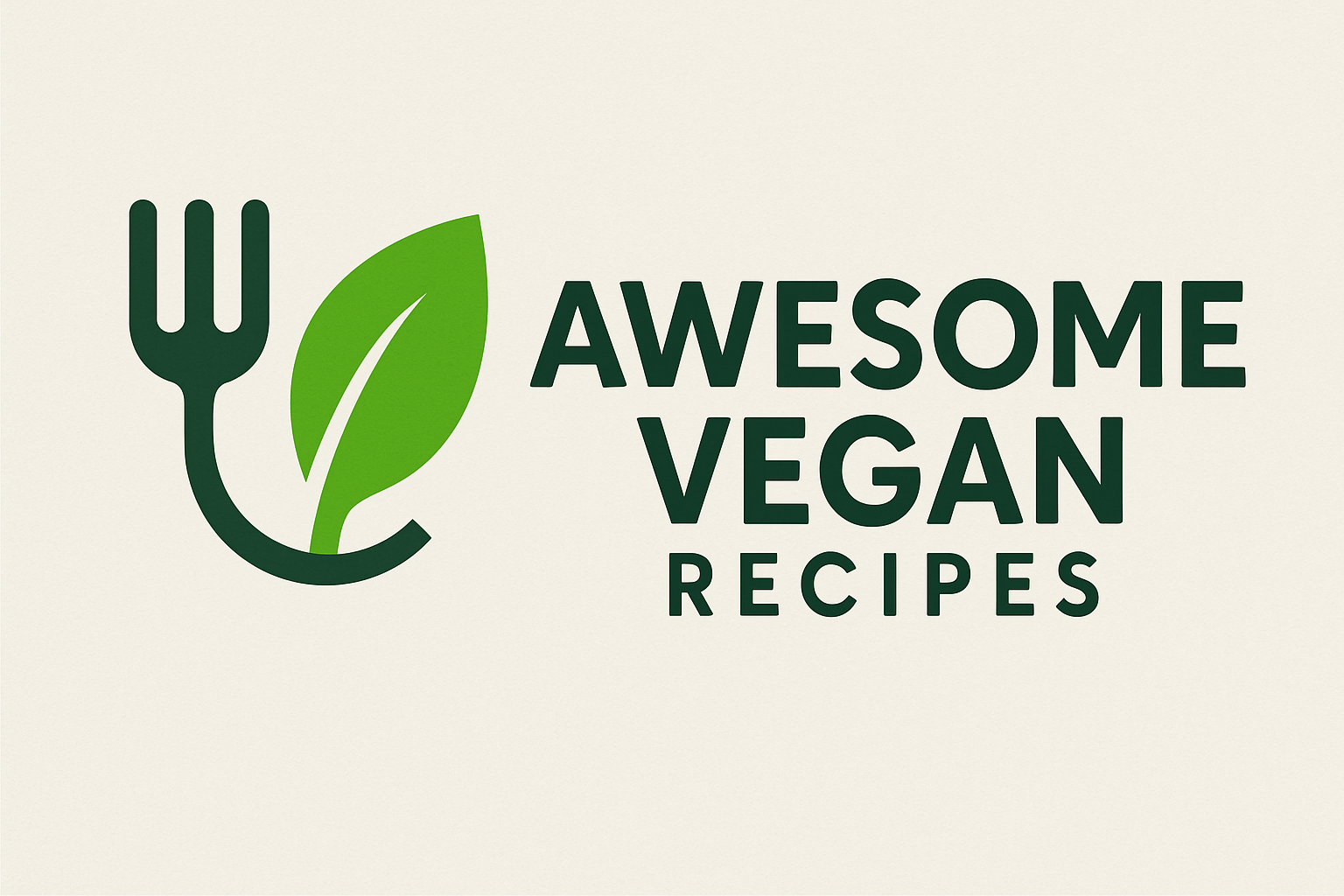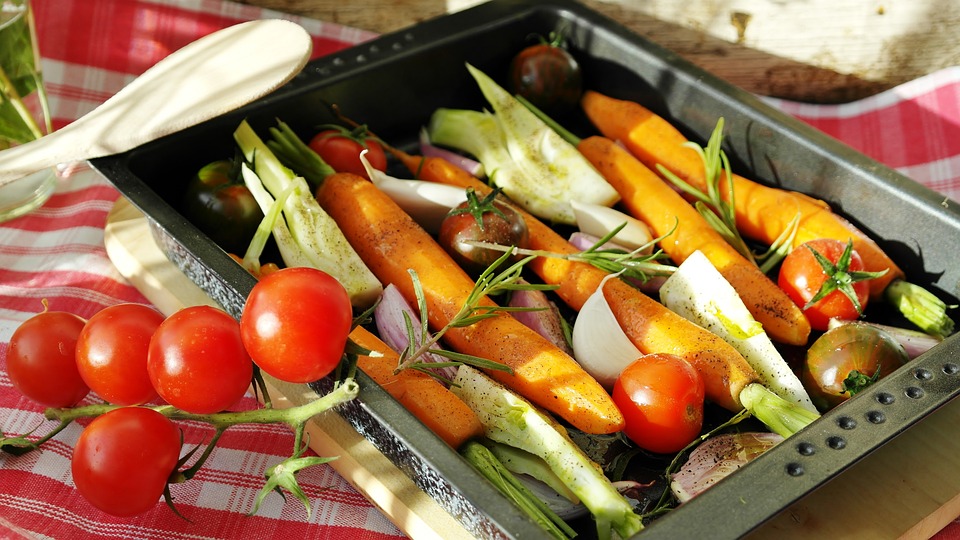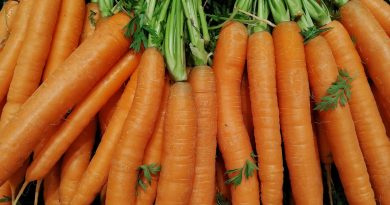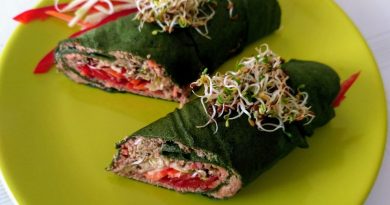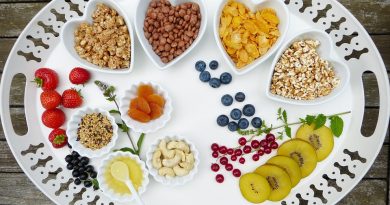Getting Started: A Vegan Beginner’s Guide to Healthy Weight Loss
Getting Started: A Vegan Beginner’s Guide to Healthy Weight Loss
Switching to a vegan diet can have numerous benefits for your health, the environment, and animal welfare. And if one of your goals is to lose weight, a well-planned vegan diet can be a great way to do so. Here is a beginner’s guide to healthy weight loss on a vegan diet.
Understanding the Basics of a Vegan Diet
A vegan diet is one that eliminates all animal products, including meat, fish, dairy, eggs, and honey. Instead, it focuses on plant-based foods such as fruits, vegetables, whole grains, legumes, nuts, and seeds. These foods are naturally low in calories and high in fiber, which can help you feel full and satisfied while consuming fewer calories.
In order to lose weight on a vegan diet, it’s important to focus on whole, unprocessed foods and limit or avoid vegan junk foods like vegan cheese, mock meats, and sugary snacks. These foods can be high in calories and low in nutrients, which can hinder your weight loss efforts.
Planning Your Meals
One of the keys to successful weight loss on a vegan diet is meal planning. By planning your meals ahead of time, you can ensure that you have nutritious and satisfying options available, which can help you avoid reaching for unhealthy foods when you’re hungry.
When planning your meals, aim to include a variety of fruits, vegetables, whole grains, legumes, nuts, and seeds. These foods provide a wide range of nutrients, including fiber, vitamins, minerals, and antioxidants, which are important for overall health and weight loss.
Some meal ideas for a vegan weight loss plan include:
– A smoothie bowl made with mixed berries, spinach, almond milk, and chia seeds
– A salad with mixed greens, roasted vegetables, quinoa, and chickpeas
– Stir-fried tofu with mixed vegetables and brown rice
– Lentil soup with whole grain bread
– A buddha bowl with roasted sweet potatoes, black beans, avocado, and tahini dressing
It’s also important to pay attention to portion sizes when eating meals and snacks. Even healthy foods can contribute to weight gain if consumed in large quantities, so be mindful of how much you’re eating.
Getting in Enough Protein
Protein is an important nutrient for weight loss, as it can help you feel full and satisfied while preserving lean muscle mass. While many people worry about getting enough protein on a vegan diet, it is actually quite easy to do so with plant-based sources.
Some vegan sources of protein include:
– Legumes such as lentils, chickpeas, black beans, and tofu
– Nuts and seeds like almonds, chia seeds, and hemp seeds
– Whole grains such as quinoa, brown rice, and oats
– Plant-based protein powders made from pea, rice, or hemp protein
Including a source of protein at each meal and snack can help you stay full and satisfied throughout the day, which can prevent overeating and support weight loss.
Staying Active
In addition to following a healthy vegan diet, staying active is important for achieving and maintaining a healthy weight. Regular exercise can help you burn calories, build muscle, and improve your overall health and well-being.
Try to include a mix of cardiovascular exercise, strength training, and flexibility exercises in your routine to maximize the benefits. Activities like walking, running, swimming, yoga, and weightlifting can all contribute to a healthy lifestyle and support your weight loss goals.
Consistency is key when it comes to both diet and exercise, so find activities that you enjoy and can stick with in the long term. This will help you create sustainable habits that support your health and weight loss efforts.
Seeking Support
Making changes to your diet and lifestyle can be challenging, so don’t be afraid to seek support from friends, family, or a professional. Joining a vegan community or support group can provide you with encouragement, motivation, and accountability as you work towards your weight loss goals.
Additionally, working with a dietitian or nutritionist who specializes in vegan nutrition can help you create a personalized meal plan, address any nutrient deficiencies, and ensure that you’re meeting your weight loss goals in a healthy way.
In conclusion, following a vegan diet can be a healthy and effective way to lose weight. By focusing on whole, unprocessed foods, meal planning, getting enough protein, staying active, and seeking support, you can achieve your weight loss goals while nourishing your body with plant-based foods. Remember to listen to your body, be patient with yourself, and celebrate your progress along the way.
